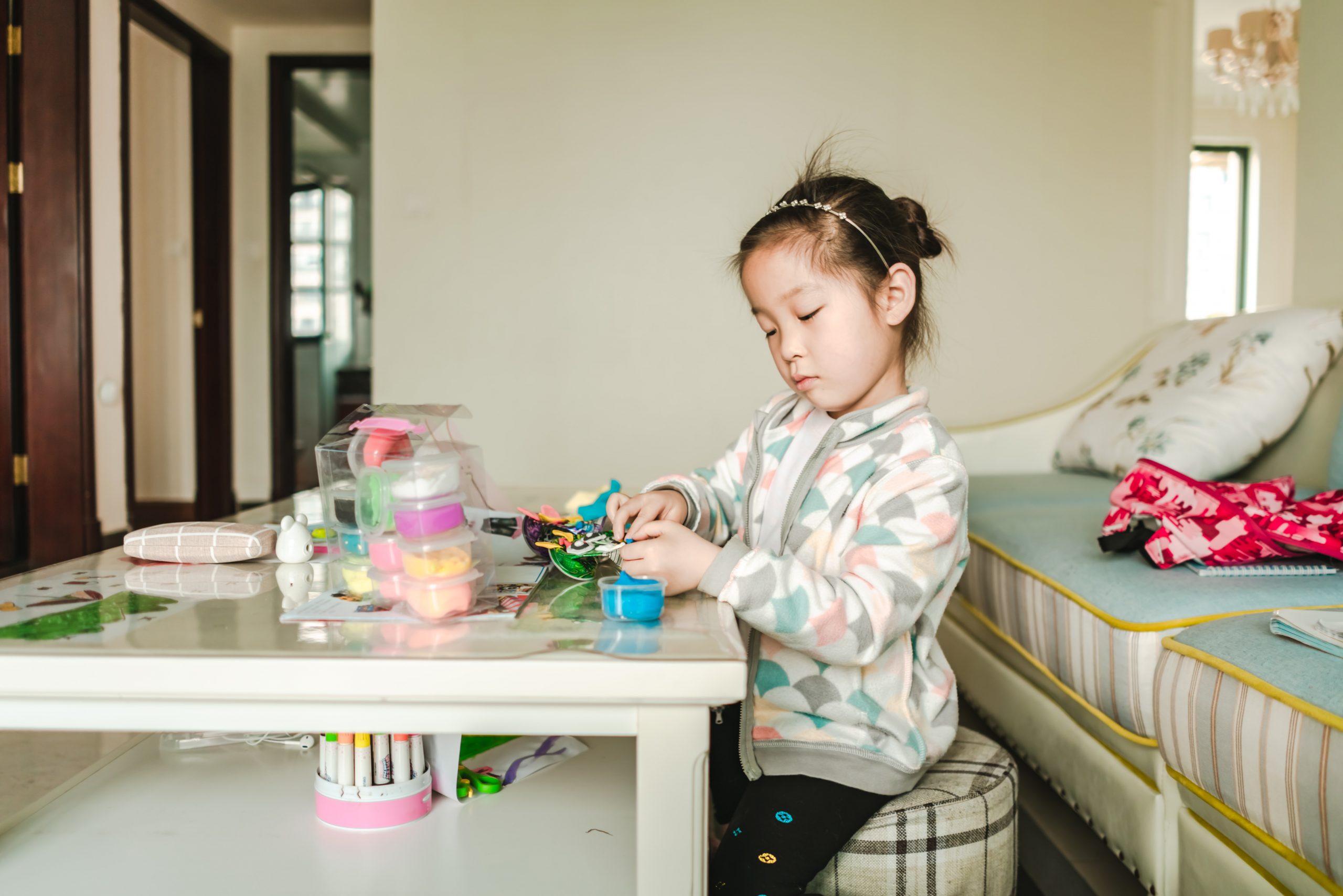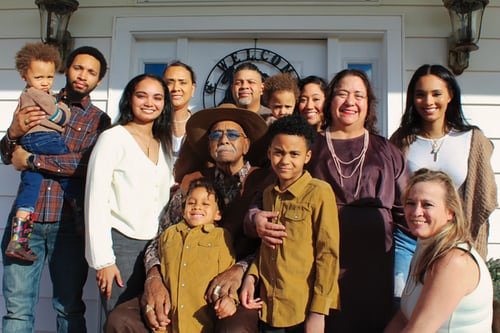About us
Why Birth Cohorts?
Birth cohorts are increasingly recognised as important for understanding how biological, social, and environmental processes interact over time to affect human health. This makes them central to an emerging terrain of what has been described as ‘biosocial’ research which aims to investigate how social life ‘gets under the skin’ to bring about disease.
We believe there is an urgent need to co-ordinate and consolidate emerging efforts in this area, to ensure that biological and social science research benefits from productive cross-disciplinary engagement.

Where we work
Researchers in the BBCR network with birth cohorts from across the globe
University of Bristol
Beacon House
Queens Road
Bristol
BS8 1QU
UK
The Centre of Epidemiological Research
Federal University of Pelotas
Rua Marechal Deodoro, 1160 - 3° Piso
Bairro Centro - Pelotas, RS
Early Life Exposures in Mexico to ENvironmental Toxicants (ELEMENT)
School of Public Health
1415 Washington Heights
Ann Arbor, MI 48109-2029
Project Geração 21
Departamento de Ciências da Saúde Pública e Forenses e Educação Médica
Faculdade de Medicina da Universidade do Porto
Rua Doutor Plácido da Costa, s/n, 4200-450 Porto
MRC/Wits Developmental Pathways for Health Research Unit (DPHRU)
University of the Witwatersrand
1 Jan Smuts Avenue,
Braamfontein 2000,
Johannesburg,
South Africa
Millennium Cohort Study
Centre for Longitudinal Studies
UCL Social Research Institute
20 Bedford Way
London WC1H 0AL
1958 National Child Development Study
Centre for Longitudinal Studies
UCL Social Research Institute
20 Bedford Way
London WC1H 0AL

Our ethos
This network enables a community of international researchers to examine the social, ethical, and methodological challenges and opportunities of developing innovative cross-disciplinary research within and around birth cohort studies.
We are the first network dedicated to both critically examining and intervening on the co-production of birth cohorts and biosocial science. Our members are committed to enhancing productive and effective dialogue between different disciplines.
